Updated: 12:50 p.m. Thursday — This story has been updated with input from Home Forward.
A Veteran on the Brink
When Dan McLean, a 68-year-old disabled veteran, received an eviction notice last Friday, he thought his life was about to unravel. The notice, delivered to his apartment at The Yards at Union Station, ordered him to vacate by Tuesday.
McLean, who has been recovering from years of severe vision loss and continues to face serious health challenges, said he was blindsided. For years, his rent was covered through the HUD-VASH program, which combines federal rental vouchers with services from the Department of Veterans Affairs. But sometime in 2024, the voucher stopped covering the full amount of his rent. McLean, without being notified, became responsible for $140 per month.
By summer 2025, the unpaid balance had grown to roughly $1,500, and property managers filed for eviction.
“I was blind for two and a half years,” McLean told Councilor Mitch Green’s staff during a video call. “This is the first time I’ve seen anything. My surgeries ain’t done and they wanna throw me out on the streets. Said I owed money.”
Neighbors Step In
McLean’s neighbors, several of whom help run a tenant union at The Yards, immediately sprang into action. They called the property management company, Pinehurst Management, and reached out to Councilor Green, who represents District 4.
Organizer Melody Frye said the urgency was clear:
“We just started making phone calls and sending emails.”
The tenant union also drafted a letter to Pinehurst, outlining what it described as multiple failures to accommodate McLean’s disability. The letter noted that leasing staff were aware he was legally blind until very recently but never connected him with a caseworker or ensured he understood changes to his rent.
The letter also pointed out that McLean’s displacement after a 2024 pipe burst left him without a mailbox key in his temporary unit. As a result, eviction warnings and court notices sat unopened until neighbors intercepted a mail carrier and retrieved the documents.
“It has been Pinehurst’s practice to continue correspondence with residents through their original mailbox,” the letter stated. “Pinehurst never proactively provided keys for temporary units. Dan was unaware of the eviction process until it was nearly too late.”
City Councilor Raises Alarm
Councilor Green and a staffer visited McLean over the weekend. By Tuesday, Green had sent a letter to Home Forward, the housing authority that owns The Yards, urging them to halt the eviction immediately.
“I’m writing with urgency to convey my alarm,” Green wrote. “Home Forward is set to evict a 68-year-old disabled veteran over roughly $1,500. The city would inevitably spend far more trying to rehouse him, while jeopardizing his health and safety in the meantime.”
Green criticized what he described as “serious procedural and governance failures” by Pinehurst Management and warned against evictions that drive vulnerable tenants directly into homelessness.
Eviction Dismissed
The pressure worked. By Wednesday, McLean was told that his eviction case had been dismissed. Pinehurst agreed to work with him on a payment plan for the balance owed.
Staff in Green’s office said the outcome likely wouldn’t have been possible without the rapid response of McLean’s neighbors. The tenant union credited Green’s office for ensuring their advocacy was taken seriously.
“Dan’s story is not an anomaly,” Green said in a news release. “It is the direct result of a system that neglects properties and neglects people. We are spending vast sums of public money on an affordable housing system that isn’t really affordable, and then exponentially more to deal with the homelessness that results. That is both a fiscal and moral failure.”
A Community of Veterans
For Frye, the fight was personal. She and McLean bonded over their shared military service and have become close friends.
She said what nearly happened to McLean reflects larger issues with Portland’s affordable housing system:
“Nobody is watching what’s going on. For the most part, we’ve learned to look out for each other. We all help each other out.”
Home Forward Responds
Following publication of initial reports, Home Forward issued a statement to clarify its policies. The housing authority, which serves more than 18,000 families across Multnomah County, said it prioritizes housing stability and works with tenants to establish repayment plans.
“When a resident fails to enter into a repayment agreement and an eviction case is filed, we continue to offer the same reasonable repayment agreement and dismiss the case as soon as it is signed,” said Ian Davie, Home Forward’s chief operating officer.
Davie emphasized that Home Forward’s processes differ significantly from those of private landlords. He said the agency regularly reassesses income and rent contributions, notifies both tenants and managers of changes, and makes referrals to caseworkers when appropriate.
“In this case, we confirmed that we followed these steps,” Davie said. “Regardless, we decided to dismiss the case to make additional efforts to assist.”
The agency declined to discuss McLean’s specific situation, citing tenant confidentiality.
The Larger Housing Debate
McLean’s near-eviction comes amid an intensifying debate over Portland’s housing policies. With homelessness rising and shelters at capacity, advocates argue that preventing evictions is as important as creating new shelter beds.
Councilor Green has used the case as a rallying point for social housing, a model in which housing is permanently affordable and publicly governed rather than privately managed for profit.
“We need a housing model financed and governed right here in Portland,” Green said. “Social Housing means high-quality, permanently affordable homes that serve the public good—not private profit.”
Last month, Green joined ten other councilors in voting for a local social housing policy, intended to expand publicly owned housing stock.
A Temporary Victory
For now, McLean will stay in his apartment. His rent repayment plan is in place, and his neighbors remain vigilant. But Frye and others warn that many tenants face similar risks, especially those with disabilities, limited incomes, or language barriers.
McLean, reflecting on the ordeal, expressed gratitude for the support he received. Without his neighbors and Councilor Green, he said, he might have been on the streets.
The broader question remains: how many other tenants fall through the cracks without such intervention?
As Portland continues to pour millions into addressing homelessness, McLean’s case is a reminder that sometimes the most cost-effective solution is also the simplest: keeping people housed in the first place.

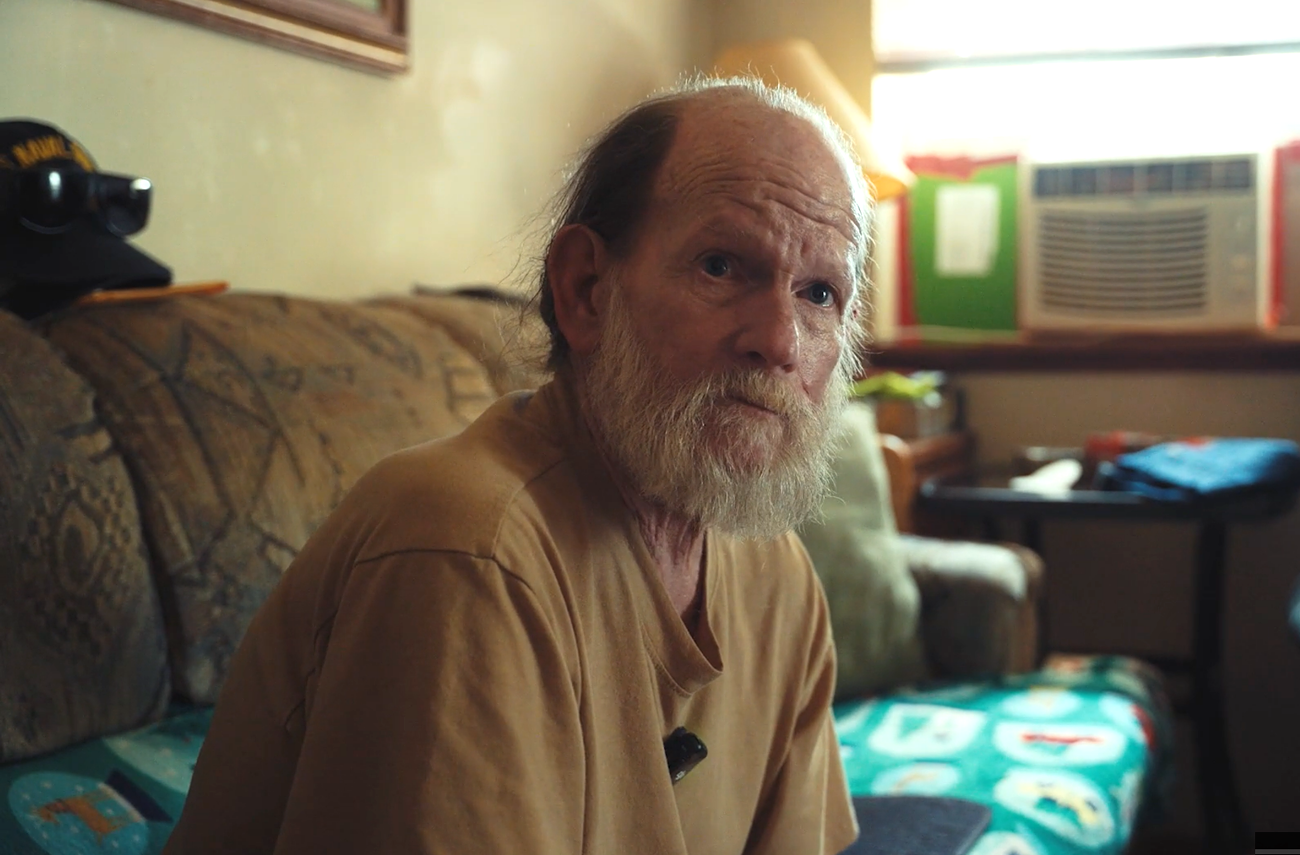

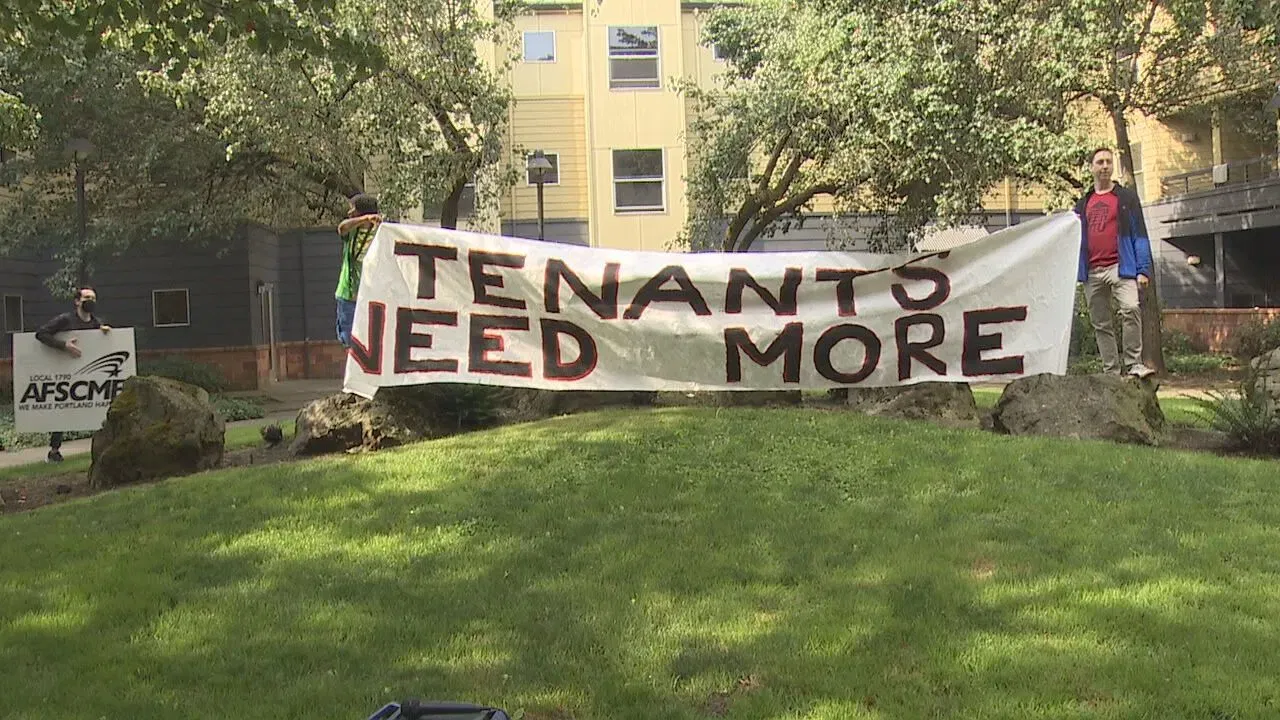



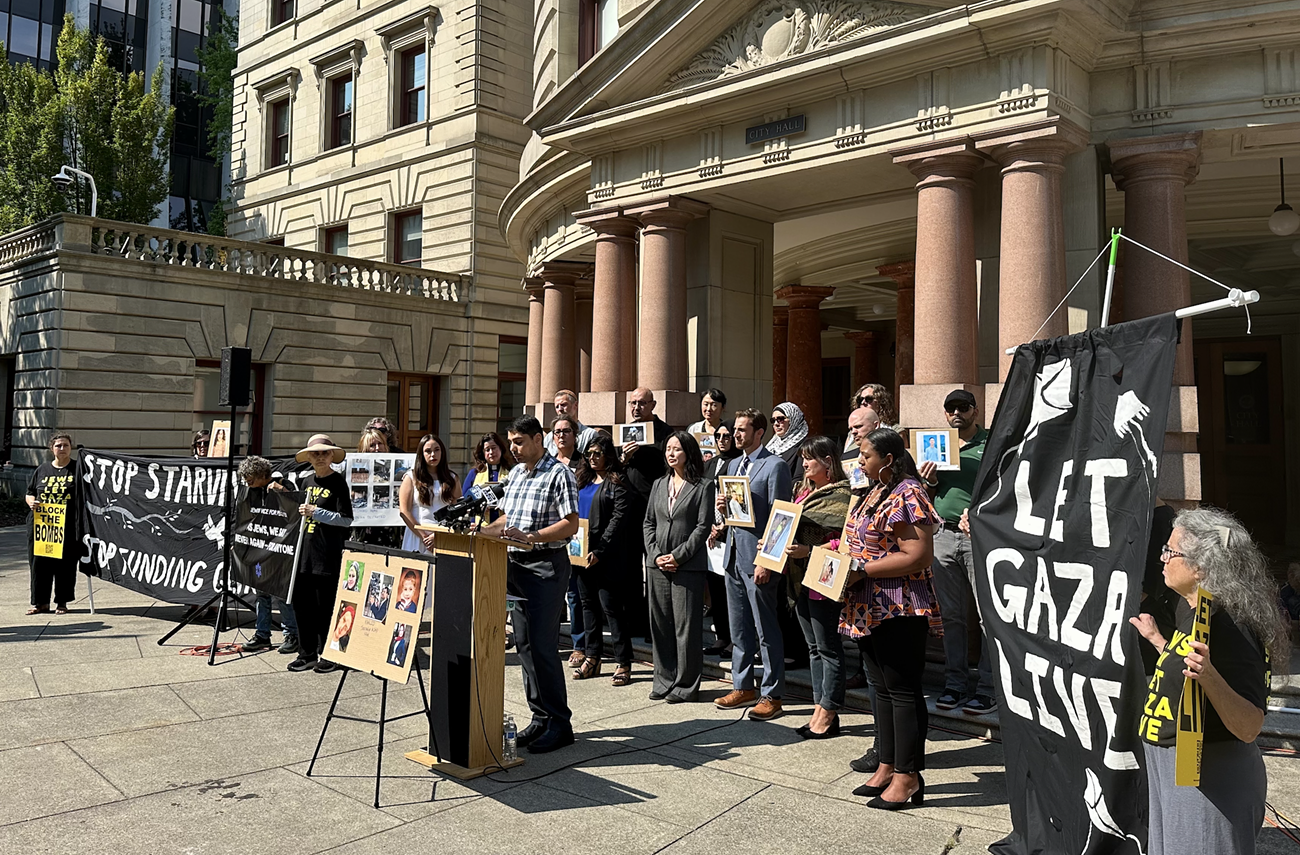


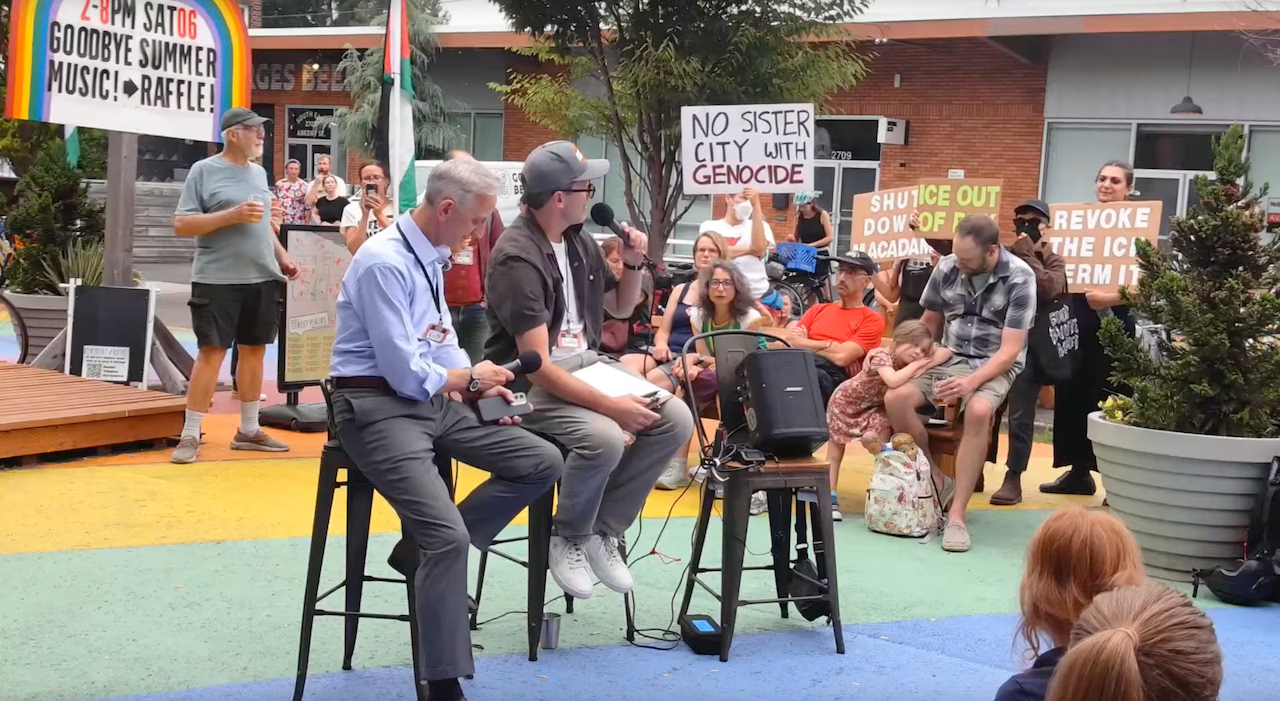


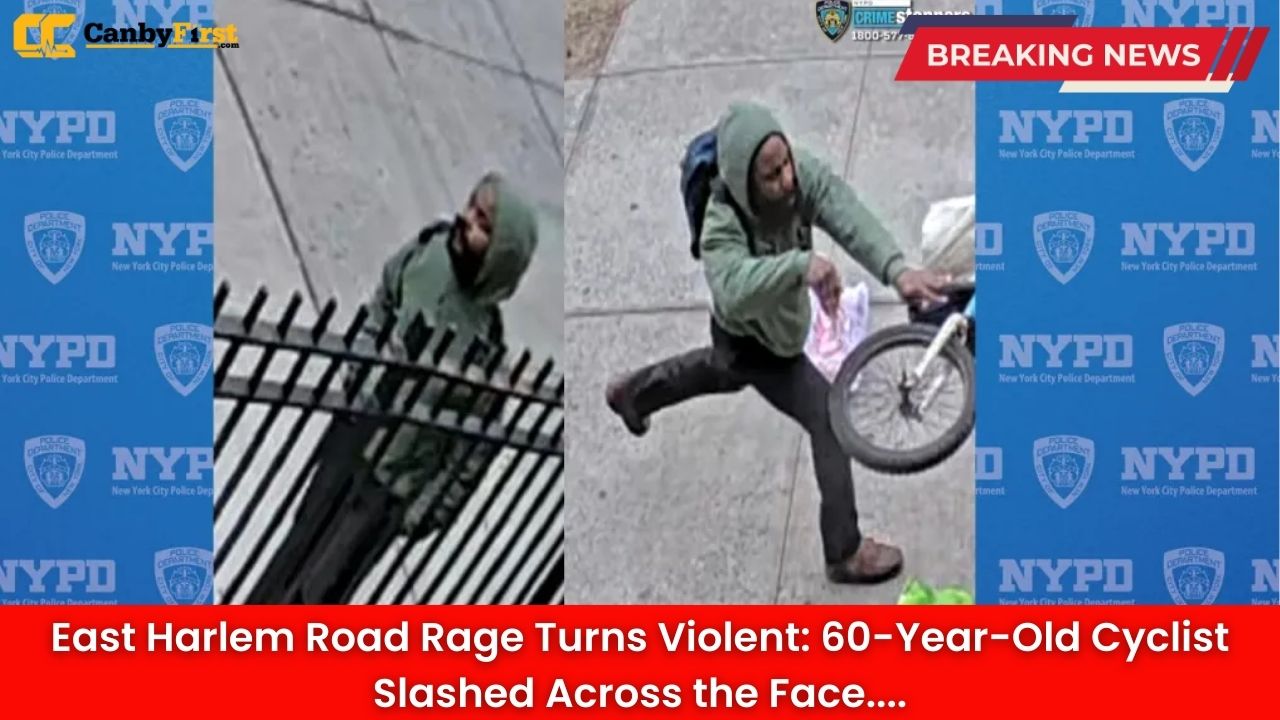
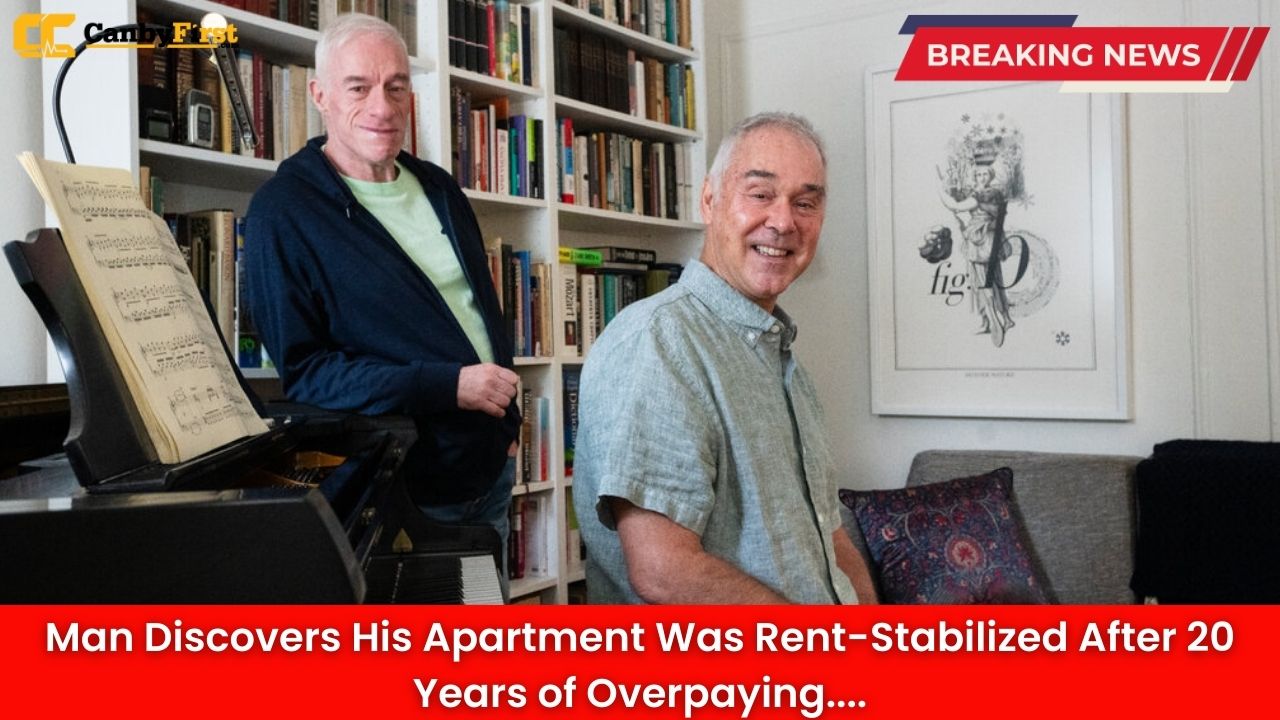
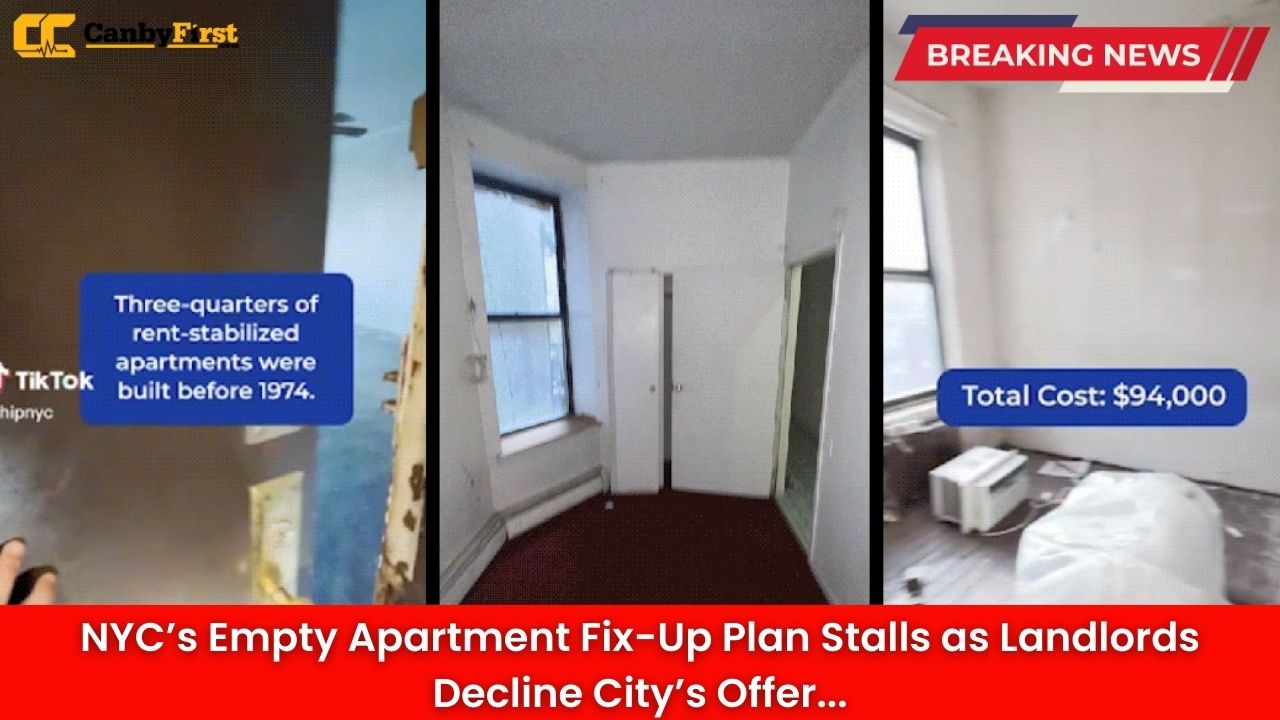
Leave a Reply